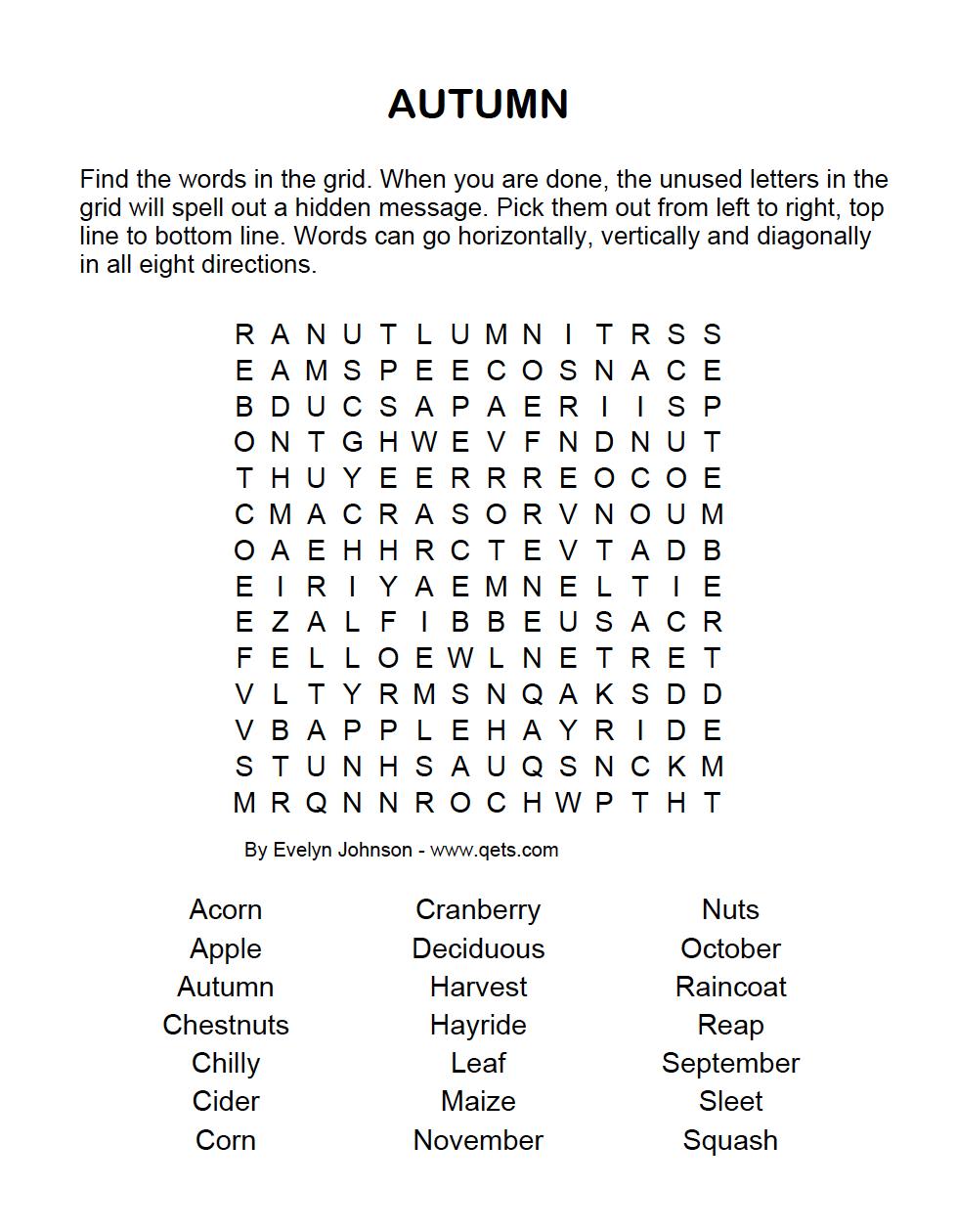
3 minute read
Hurricane Planning During A Pandemic
HURRICANE SEASON AHEAD
Planning for hurricane season and other potential disasters can be stressful, and because the 2020 hurricane season comes during the coronavirus disease (COVID-19) pandemic, it may be especially so.
Advertisement
Public health and emergency response professionals have advice to help you safely prepare, evacuate, and shelter for severe storms while protecting yourself and others from COVID-19. Here are some tips to help you and your family stay safe during hurricane season this year.
Prepare for hurricane season • Understand that your planning may be different this year because of the need to protect yourself and others from COVID-19.
• Give yourself more time than usual to prepare your emergency food, water, and medicine supplies.
Home delivery is the safest choice for buying disaster supplies; however, that may not be an option for everyone. If in-person shopping is your only choice, take steps to protect your and others’ health when running essential errands.
• Protect yourself and others when filling prescriptions by limiting in-person visits to the pharmacy. Sign up for mail order delivery or call in your prescription ahead of time and use drive-through windows or curbside pickup, if available.
• Pay attention to local guidance about updated plans for evacuations and shelters, including shelters for your pets.
• When you check on neighbors and friends, be sure to follow social distancing recommendations (staying at least 6 feet from others) and other CDC recommendations to protect yourself and others.
Prepare to evacuate • If you may need to evacuate, prepare a “go kit” with personal items you cannot do without during an emergency. Include items that can help protect you and others from COVID-19, such as hand sanitizer with at least 60% alcohol, bar or liquid soap, disinfectant wipes (if available) and two cloth face coverings for each person. Face covers should not be used by children under the age of 2. They also should not be used by people having trouble breathing, or who are unconscious, incapacitated, or unable to remove the mask without assistance.
• If you DO NOT have resources such as family members, neighbors or friends to help you if evacuation is necessary, you should apply to be on the
Hurricane Registry. Those who meet the criteria and are put on the Registry will be evacuated when there is a serious threat of a hurricane. To apply, call Coastal
Health District Hurricane Registration Hotline toll free at 1-833-243-7344 and follow the phone prompts. Act now, the registry will not accept applications 72 hours prior to the arrival of any tropical storm force winds. • Know a safe place to shelter and have several ways to receive weather alerts, such as National Weather
Service cell phone alertsexternal icon, NOAA Weather
Radioexternal icon, or (@NWS) Twitter alerts. You may also subscribe to one of your local television stations to keep up with your local weather and alerts, sign up for CEMA Alerts and visit the Chatham
Emergency Management Agency website https:// chathamemergency.org for good local information.
This will also give you news as to when your local city/ county/state will open after an evacuation.
• It may take longer than usual to restore power and water if they are out. Take steps to prevent carbon monoxide poisoning if you use a generator.
• If you are injured or ill, contact your medical provider for treatment recommendations. Keep wounds clean to prevent infection. Remember, accessing medical care may be more difficult than usual during the pandemic. • People with preexisting mental health conditions should continue with their treatment and be aware of new or worsening symptoms. Additional information can be found at the Substance Abuse and Mental
Health Services Administrationexternal icon page.
• After a hurricane, it’s not unusual for rats, mice, and other pests to try to get into your home or building.
Be aware that with restaurant and commercial closures related to COVID-19, there are already reports of increased rodent activity as they try to seek other sources of food. Follow recommendations for keeping pests out of your home.
For more information • CDC: Coronavirus Disease 2019
• CDC: Prepare your health for the 2020 hurricane season
• National Weather Service: Prepare for Hurricane
Season 2020external icon
• Chatham Emergency Management Agency website https://chathamemergency.org
• Georgia Emergency Management website https://gema.georgia.gov
Source: National Center for Disease Control, Chatham Emergency Management, Georgia Emergency Management




